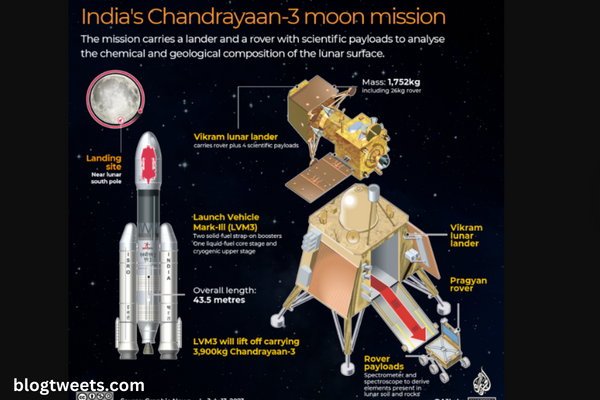Navy chief: Collaboration with others is required to address maritime challenges

His remarks came a day after the foreign ministers of the Quad countries called for peace in Ukraine and discussed China’s aggressive behaviour in the Indo-Pacific region, as well as its attempts to block terrorist designation at the UN.
According to Indian Navy Chief Admiral R Hari Kumar, there is a need for international cooperation to address transnational maritime challenges that cannot be addressed by any single country.
He was speaking at a panel discussion titled “The Future of Conflict: Lessons from the Third Decade,” which included Adm. John C. Aquilino, Commander, United States Indo-Pacific Command, Adm. Sir Ben Key, First Sea Lord and Chief of Naval Staff, United Kingdom, Gen. Koji Yamazaki, Japan’s Chief of Staff in the Ministry of Defense, and Vice Adm. Angus Topshee, Commander, Royal Canadian Navy.
His remarks came a day after the foreign ministers of the Quad countries called for peace in Ukraine and discussed China’s aggressive behaviour in the Indo-Pacific region, as well as its attempts to block terrorist designation at the UN.
Speaking about the importance of working in groups, Admiral Kumar stated that the US Navy discussed a 1,000-ship Navy in 2015, which would include all friendly partner navies. “That is something we always look forward to in the maritime domain, finding ways to cooperate and work together,” he said.
At the moment, countries and their navies are looking at issue-based convergences, so there may be agreement on some things but not on others, according to Admiral Kumar.
Working in smaller groups, such as the Indian Ocean National Symposium, which has 25 partner countries and eight observers, the Columbo Security Conclave, the Goa Maritime Conclave, and others, according to the Navy Chief, serves multiple purposes. “It generates a lot of trust among partner countries. As you work to increase capacity, you will see increased interoperability, better domain awareness, and more frequent engagements. “All of this eventually leads to maritime security,” he explained.








